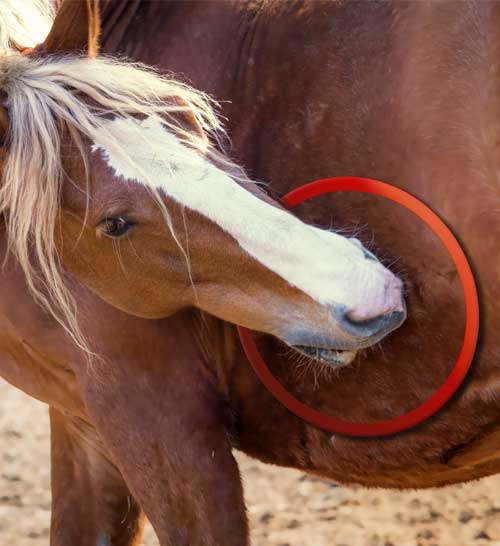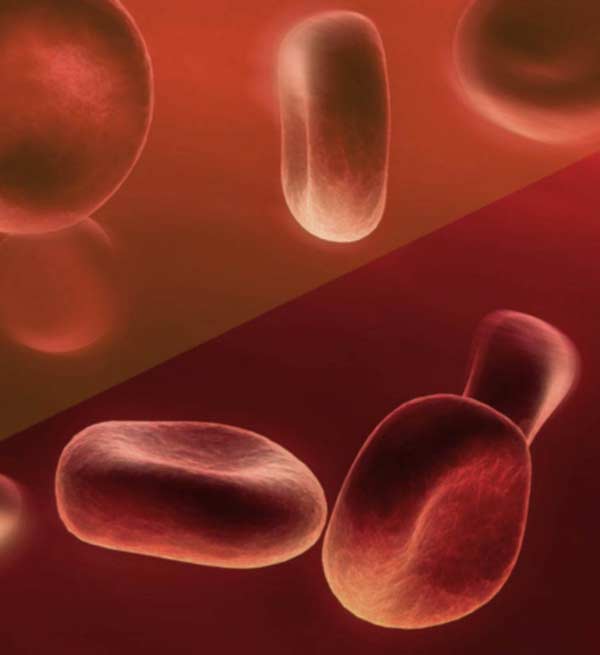Proton Pump Inhibitor (PPI) Drugs Treatments
Proton Pump Inhibitors (PPIs) suppress acid production in the stomach. Accurate dosing can be very tough to estimate, and excessive use can lead to poor digestion of food and longer term health problems.
PPIs aim to shut down gastric acid production in the stomach by direct inhibition of the proton pump. The only PPI licensed for horses in the U.S. is omeprazole, marketed as Gastro Guard®.
Drugs have many shortcomings, and proton pump inhibitors have some unique ones. When your horse builds a tolerance after prolonged daily use, you find yourself continually increasing the dosage to achieve the same results.
Common Drawbacks of PPI Drugs:
-
Inability to completely sterilize the food, allowing overgrowth of the cecum and small intestine of improper bacteria.
-
Inability to completely digest food causes nutritional deficiencies, particularly mineral deficiencies. These minerals are needed for the functioning of enzyme and hormone systems of the body.
-
Unreliable against neurological syndromes. The gut becomes more like a sieve than an enclosed system. This allows partially digested foods, parasites and microbes into the internal areas of the body, causing deeper infection, immune and autoimmune responses and also neurological syndromes like EPM. Neurological compromise usually starts out on the right side of the body, usually the right hind, as the cecum has the thinnest walls of the digestive system and tends to leak first.
- Accurate dosing can be very tough to estimate, and excessive use can lead to poor digestion of food and longer term health problems
- Proton pump inhibitors are addictive and the body tries to adapt to the reduction in stomach acid by actually producing more acid. This is called acid reflux when you try to stop taking them. While on the drug, the body attempts to increase the number of acid making cells in an effort to adapt, and when you take a horse off the drug the stomach tissue has to deal with even higher acid than before the drug treatment.
- Proton pump inhibitors used long-term use and high doses have been associated with an increased risk of bone fractures and infection with a bacterium called Clostridium difficile that can be especially dangerous to the elderly. They have even been associated with dementia, and FDA recommends no long term use.
These side effects are very accurately described in the PDR/Physician’s Desk Reference for humans, as these drugs have been used for humans much longer than for horses.
Other studies list other common side effects for these types of acid blocking drugs such as: abdominal pain, diarrhea, headache, nausea and vomiting.
Less common effects you could experience include; abdominal swelling, aggression, anemia, anxiety, apathy, back pain, blood in urine, changes in liver function, chest pain, confusion, constipation, cough, depression, difficulty sleeping, discolored feces, dizziness, dry mouth, dry skin, fatigue, fever, fluid retention and swelling, fluttery heartbeat, frequent urination, gas, general feeling of illness, hair loss, hallucinations, hepatitis, high blood pressure, hives, irritable colon, itching, joint and leg pain, loss of appetite, low blood sugar, muscle cramps and pain, nervousness, nose bleeds, pain in testes (!), rapid heartbeat, rash, ringing in ears, sleepiness, slow heartbeat, stomach tumors, upper respiratory infection, urinary tract infection, vertigo, weakness, weight gain and yellow eyes or skin. Just what you want in a reliable mount-NOT!
The driving factors that lead to a horse suffering from excessive digestive acidity in the first place are not addressed when solely using these drugs. Re-evaluate your feed program, and water quality, if you are considering use of PPI drugs.





